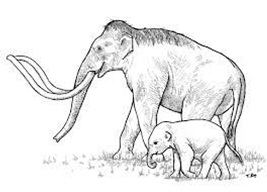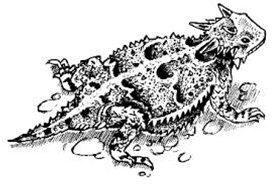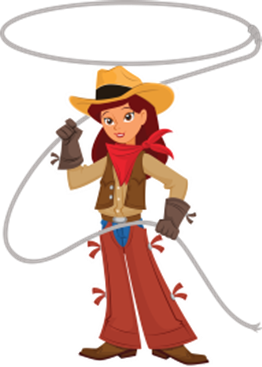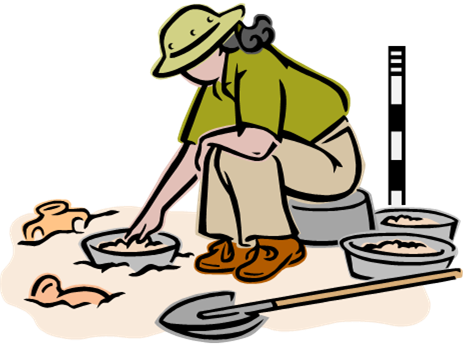Registration for Amazing Summer Adventures is closed. Have a Happy Summer!
Amazing Summer Adventures, 5- 10-year-olds
Age Groups: Going WILD 5- and 6-year-olds;
Plains Explorers 7- and 8-year-olds; Nature Squad 9- and 10-year-oldsHours of class: 9 a.m. to Noon

June 3-6
Expedition Extinction
Travel back in time on an ancient expedition. Make ancient animal observations, recreate ancient animal cave paintings, and learn more about the Pleistocene animals that roamed the Southern High Plains.

June 10-13
Insectigations (5-6 year olds)
Put on your entomologist (a person who studies insects) hat, grab your magnifier, and get ready for insectigations! Learn insect anatomy, go on a Monarch migration, view the world through the eyes of an insect and more.

Mimic Makers (7-9 years old)
Let's learn about Biomimicry -- how nature inspires human engineering like water proofing and flying machines. Use nature to create your own designs.

June 17-20
Trailblazing Women Who Won the West
Join us and experience life on the trail as an early North American explorer, rancher, and trail boss. Find out what it took to survive the Wild West.

June 24-27
Birdology
Explore the World of Birds! What makes a bird, a bird? What makes birds special? Learn bird identification, physical adaptations, and fun facts.

July 1-3
Cunning Carnivores
Learn to identify Birds of Prey, dissect owl pellets, and explore other carnivores of the Southern High Plains.

July 8-11
Archaeology: Digging for Clues
Become an archaeologist for the week; learn the difference between archaeology and paleontology. Visit our excavation site and talk to real archaeologists. Learn archaeological techniques and dig for clues.

Conservation Academy, 11- 12-year-olds
July 22-25 and July 29-August 1
Phase I (this is a 2-week program)
Agents of Deterioration -- care and conservation of museum objects
Learn how museum professionals provide care and conservation to objects, artifacts, and specimens.
Prep artifacts and build storage, create documentation, and exhibit labels.
Learn how to detect pests, chart temperature and humidity, and create a new exhibit for the Landmark.
Phase II (this is a 2-week program)
Digging Deeper -- conservation care in the Quaternary Research Center (must have participated in Phase I last summer)
Participate in ongoing research, wash matrix, excavate a plaster jacket, while learning important conservation skills,
such as measuring, field documentation, monitoring, and housing specimens, and artifacts.
To register, contact our Heritage Education staff at landmark.education@ttu.edu or 806 742 1116.


